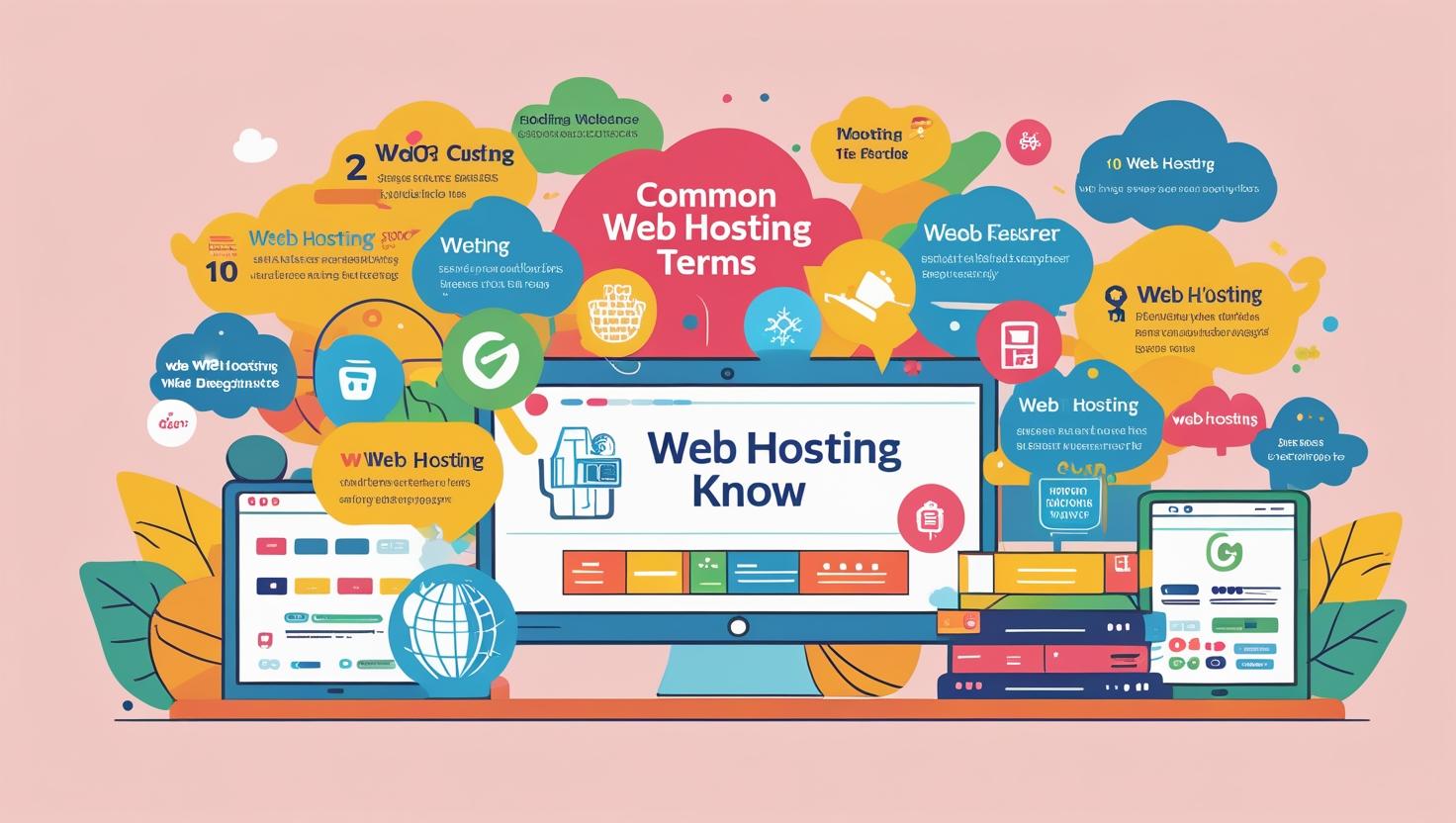
10 Common Hosting Terms Every Beginner Should Know
10 Common Hosting Terms Every Beginner Should Know
New to the world of web hosting? Whether you’re building a blog, online store, or business website, understanding the basics can help you make smarter decisions. Here are 10 essential hosting terms every beginner should know:
1. Domain Name
Your domain name is your website’s address on the internet (e.g., yourwebsite.com). It’s what users type into the browser to reach your site.
2. Web Hosting
Web hosting is a service that stores your website’s files and makes them accessible on the internet. Without it, your website can’t go live.
3. Bandwidth
Bandwidth refers to the amount of data your website can transfer to visitors in a given time. More bandwidth means more capacity for handling traffic.
4. Disk Space (Storage)
Disk space is the amount of storage your hosting plan offers. It holds your site’s files, images, videos, emails, and databases.
5. SSL Certificate
SSL (Secure Sockets Layer) secures data between your site and users. It enables HTTPS and adds a padlock symbol in the address bar — boosting security and trust.
6. Uptime
Uptime is the percentage of time your website stays online. A good host offers at least 99.9% uptime to ensure your site is always accessible.
7. Shared Hosting
In shared hosting, multiple websites share the same server resources. It’s affordable and beginner-friendly but may have limited performance.
8. cPanel
cPanel is a popular control panel that simplifies managing your hosting. It lets you set up emails, manage files, install apps like WordPress, and more.
9. FTP (File Transfer Protocol)
FTP allows you to upload and manage files on your web server directly from your computer, usually through an FTP client like FileZilla.
10. CMS (Content Management System)
A CMS like WordPress lets you create and manage website content easily, without needing to code.
✅ Final Thoughts
Understanding these hosting terms gives you the confidence to manage your website better. Whether you’re choosing a hosting plan or setting up your first blog, knowing the basics is your first step toward online success.